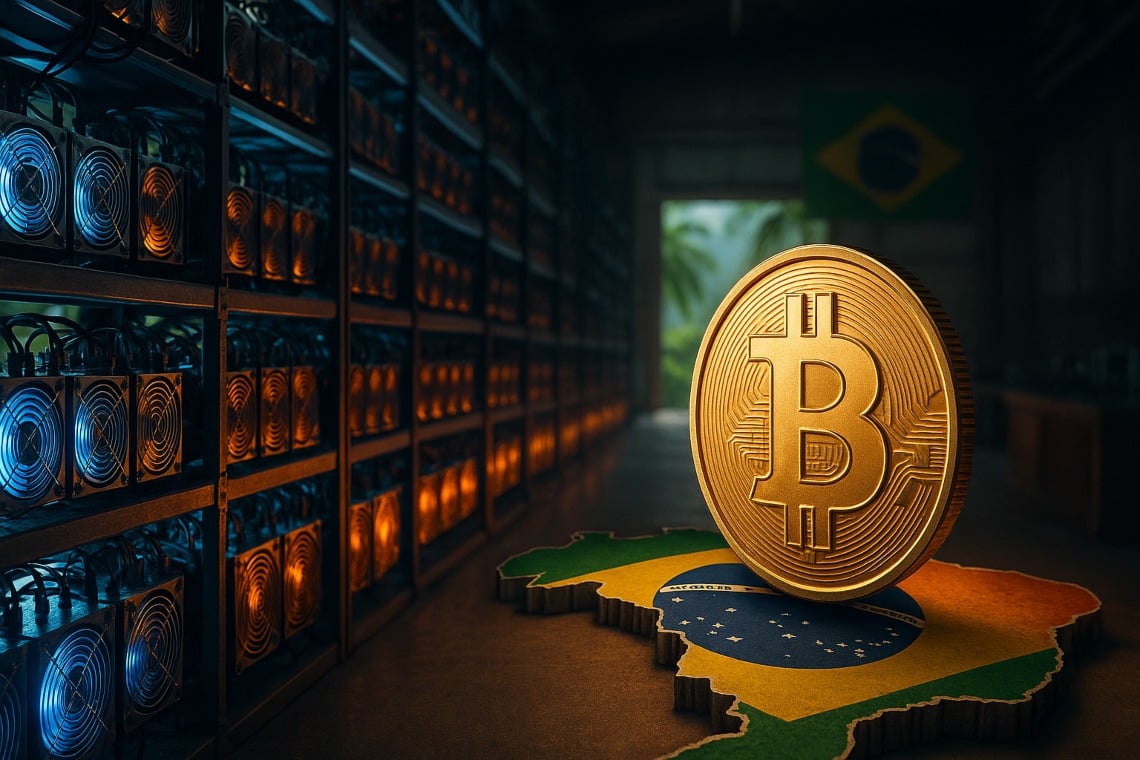Pavel's humanity, and Ton's challenges
I really like what Pavel mentioned about not using a mobile phone. Essentially, this is an "information fasting" approach to the challenges of information overload, contrasting with the "food fasting" that everyone loves using apps. One is metaphysical, the other is physical, but ultimately, both affect the mind and body, influencing hormones like cortisol. Now and in the future, attention is the scarcest resource. Being able to freely disconnect from electronic devices is a luxury, a freedom with its own barriers.
Pavel is also an extreme craftsman. The advantage of being a craftsman is that you can lead a small team to create a killer app. However, the limitation is that Telegram, as the largest instant messaging software outside of China and the US, cannot become another Tencent platform. This same culture has also influenced its Web3 project, TON. By the way, let me talk about my close observation of TON over the past four years as the first Chinese institutional investor in the world.
1. The wrong technological path was taken. TON's stubborn insistence on using C++ seems like a kind of technological purist obsession. Historically, Russians have repeatedly taken the wrong turn on the "data technology tree": the Soviet Union failed to adapt to the transistor revolution, became obsessed with vacuum tube performance optimization, and missed the entire chip wave. They often overemphasize performance and control, but neglect the ecosystem and development experience. TON's SDK, toolchain, and documentation ecosystem lack standardization, making the development threshold too high; this is not a syntax problem, but a problem of lacking platform thinking.
2. Uneven ecological composition. Currently, it's basically only Russians and Chinese who are active, but resource allocation is clearly biased towards the Russian-speaking region. This is something everyone is already familiar with.
3. Oligopoly. Funding, traffic, and narrative resources within the ecosystem are concentrated on a few "top" companies/projects. Everyone knows they must curry favor with the "top" teams, but mid-tier projects are severely squeezed out. There is also a long-term power struggle between foundations and the oligopolistic "top" companies, resulting in constant internal friction.
4. Failure to accept oneself. Accepting and reconciling with oneself is crucial for any individual or organization. Only on this basis can you face yourself honestly and leverage your strengths while mitigating your weaknesses. However, TON seems obsessed with pitching to Musk, persuading American investors, and getting to the White House. The truth is, no matter how hard it tries, in the eyes of others, TON remains a public chain with a Russian background. In contrast, BNB didn't try to play the "American" role. Instead, it first became the most popular chain in the Eastern Time Zone, simultaneously creating a sense of FOMO (Fear of Missing Out) among Westerners, before smoothly expanding internationally—a much more effective approach.
5. The story of "adoption for 1 billion users" has been told for four years, and it's still just a story. Pavel keeps telling a grand story of "connecting Telegram's 1 billion users with the blockchain world," but this story has yet to truly materialize. The reason isn't that the vision is false, but rather structural constraints: In order to survive and ensure Pavel's personal safety (in recent years, Pavel has become increasingly obsessed with his physical safety, given several incidents, including the recent events in France), Telegram must maintain a "superficial" separation from TON to avoid crossing regulatory red lines; this separation prevents TON from ever truly integrating with Telegram's ecosystem. Even stablecoins like USDE have maintained a supply of only a few hundred million—indicating that the story is grand, but the reality is small.
TON possesses the perfectionism of engineering geeks, yet lacks the warmth of ecological collaboration; it has a massive entry point, but is hampered by regulatory realities; it has its own advantages, but has not yet reconciled with itself. It has a narrative and ideals, but these need to be transformed into a sustainable balance of systems and incentives.
I wish the TON ecosystem will continue to improve.
You May Also Like

USDC Treasury mints 250 million new USDC on Solana

Crypto News of the Week (Oct 23–30, 2025)
